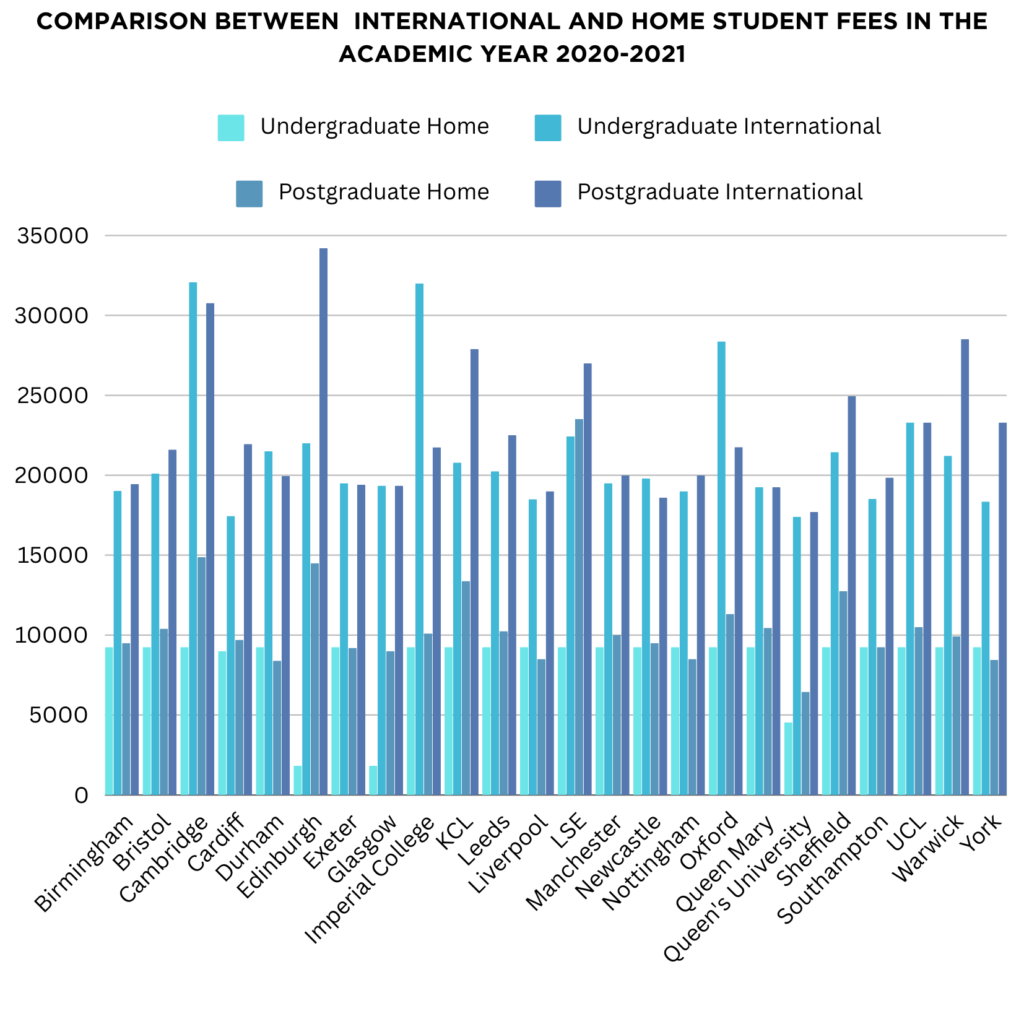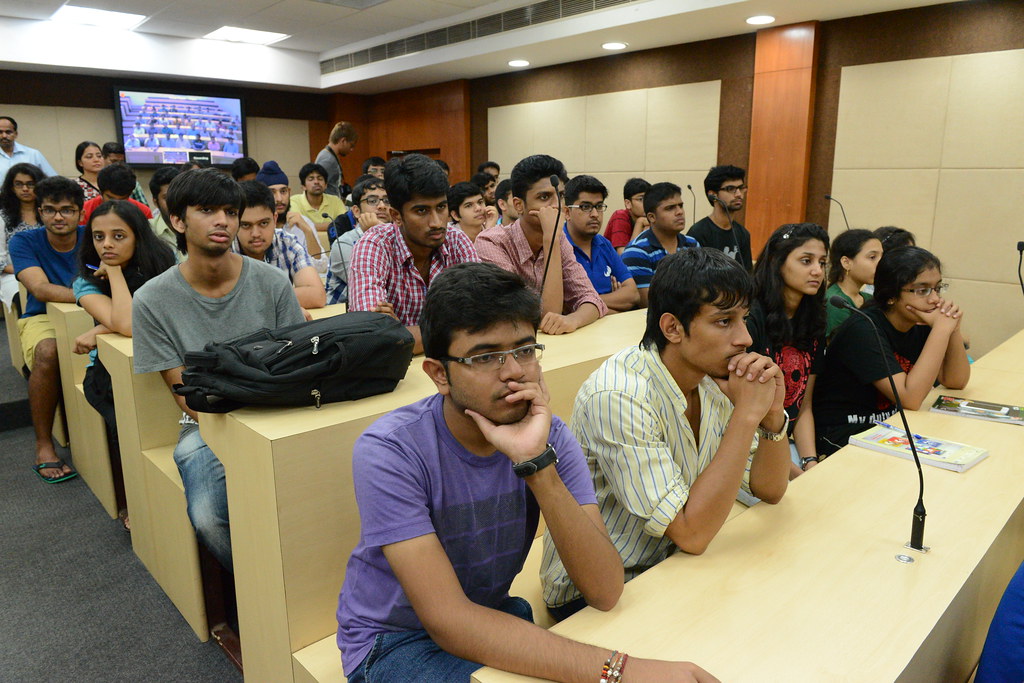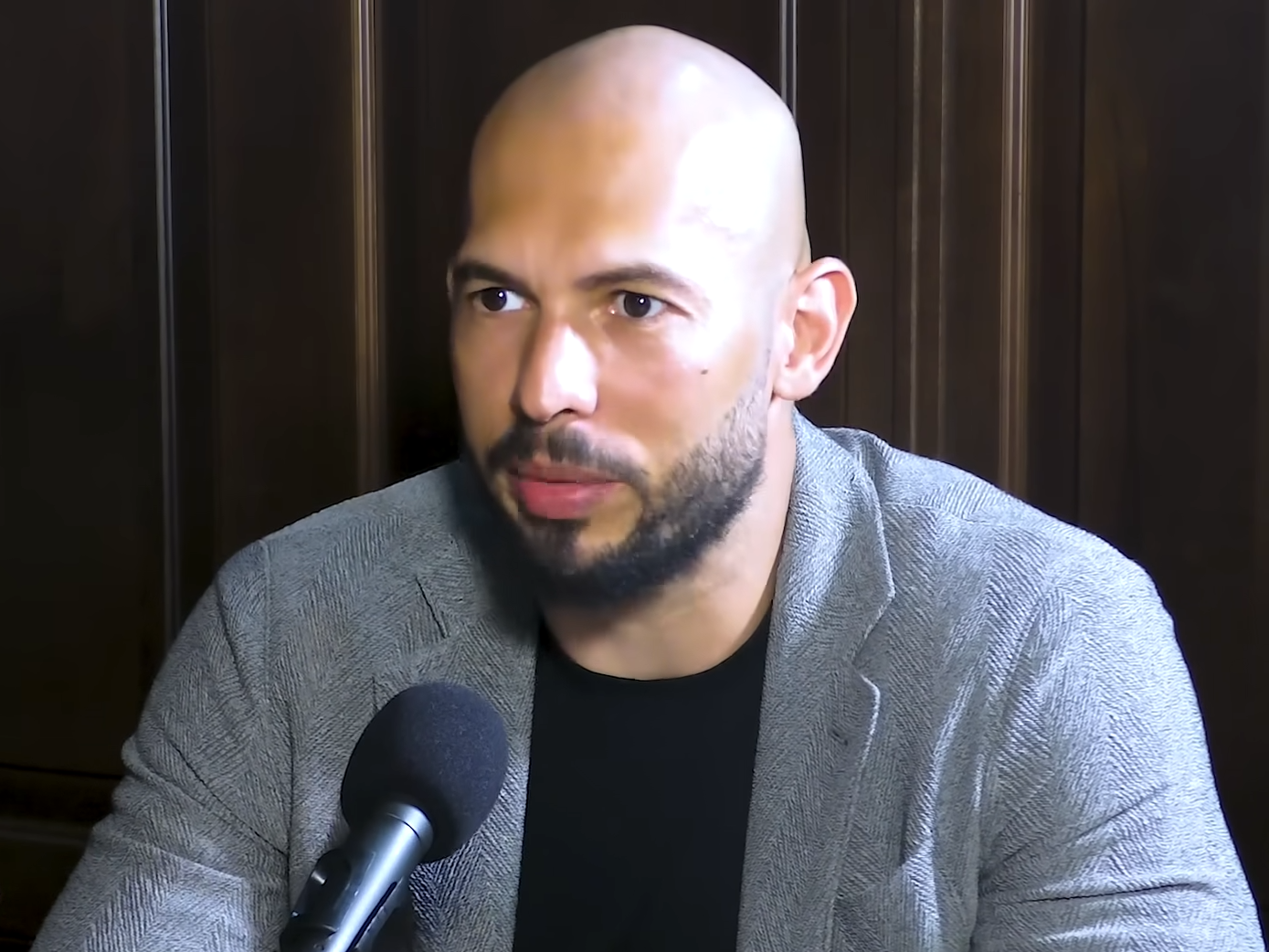Anxiety is rife among Indian students who submit almost half of the applications for an employment visa scheme which is under threat from the UK government.
Indian students made up a whopping 43% of applicants of the 104,501 post-study visas issued in 2023.
But UK Home Secretary James Cleverly recently called for a review of the graduate visa scheme to ensure that it is not being abused. The Migratory Advisory Committee is set to reveal the findings on May 14.
The move could be devastating to students who have spent exorbitant amounts of money to study in the UK, at which point they were promised a two-year period during which they could gain work experience or look for work.

22-year-old Chitra Balagopal, who graduated from the University of Essex and is currently a teacher, says: “You’ve spent a lot of money to come to a foreign country to study something that you want to study, but if after you’ve had your education, you’re not allowed to do a placement or gain work experience, it’s not helpful for an individual’s career.”
After completing her master’s degree, Chitra applied for a graduate visa earlier this year at a cost of £822. She described the process as “quick but expensive.”
“It was costly compared to how much it cost before and what it is now. It’s hard for people like us to work and get that money prepared for the visa application.”
Indian students have also been largely impacted by visa changes banning care workers from bringing dependents and the increase in the minimum salary threshold for a Skilled Worker Visa. The threshold has been raised from £26,200 to £38,700.
Chitra believes that these changes will significantly impact prospective students’ decision to come to the UK for higher education.
“Students would prefer to study in a country which is more open to them coming in, studying, then getting some work experience. They would opt for a country that is welcoming instead of just shutting them down and not letting them grow at all.”
While the topic of potential visa changes has been a cause of worry among Indian students, the National Indian Students and Alumni Union (NISAU), an umbrella organisation representing Indian students in the UK, has taken the initiative to launch its campaign “Fair Visa, Fair Chance.”
The campaign, led by NISAU UK chair Sanam Arora, aims to protect the graduate visa scheme.
“It is very sad that a mere few years on from the re-introduction of post-study working in the UK, we have to once again make the case to defend it. The Graduate Visa is a key requirement of Indian students and a critical offer of the UK’s international higher education system,” she told the Economic Times.
“We campaigned for seven years to bring it back last time and will fight to protect this essential pathway again. Without the Graduate route, university finances may collapse. The impact of this not just on international students but also on UK’s home students will be bad, given domestic students and the world-class research that happens in UK universities is heavily cross-subsidised by international students,”
NISAU UK has been invited by the Home Office to make a case for protecting the Graduate Visa scheme and present its findings from the annual India-UK Achiever’s Honours programme.
Chitra also believes that any further changes will throw current students into a state of turmoil. When prices for the visa shot up, she had second thoughts before applying.

She says: “I need to earn, I need to do what I studied, and I need to earn back the money I invested in my degree. I need to pay a loan. I have so much to do, and I can’t just give up and go back. That’s what I stayed in the UK for.”
28-year-old Suriya Nair* shares a similar plight. Currently a Master’s student at the University of Essex, Suriya came to the UK leaving behind her husband and daughter. She hoped to apply for a Graduate Visa to earn back money to pay off her debts.
“I took out a loan and pawned my belongings to make the money to come to the UK. I need to find work to pay off my loans and my daughter’s tuition fees.
“My family was hesitant to send me to the UK all alone. I have never been outside of India before, and I had to leave my child behind. I came here knowing that once I finish my degree, I can work and send home the money. Now I’m not sure how I can pay off my debts if the Graduate Visa is taken away.”
Suriya is only one among a myriad of Indian students who save money in the hope of a better future in the UK.
“I came here for a better life for me and my family. If the visa changes come into place, not only would I not get to pay back all the money I owe, but there will also be no return on investment for all the time, money and effort I put into travelling to another country.“
Suzanne Arpitha Roy Imandi, a Master’s student at the University of Sheffield, found herself being forced to rearrange her career plans.
She says: “I had it all planned out when I arrived here and then suddenly with the policies changing, it seems like all my plans are going for a toss. I was planning to do my PhD but I would need a gap year before I can start a course. I need to find a job to gain work experience. This is why I need a graduate visa.
“If it becomes obsolete, I think there is no other way, right? We are all going to have to go back home. That’s going to affect education and our future and ruin all our plans. That would defeat the purpose of us even coming here and studying.”
*name has been changed to protect identity



